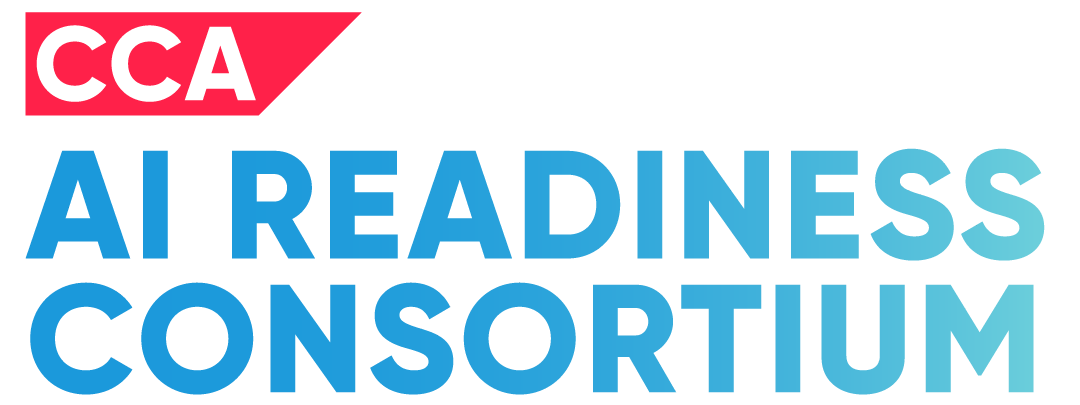Local LLM Platform - Hardware/Software
Main contact
Project scope
Categories
Software development Artificial intelligence HardwareSkills
next unit of computing (nuc) fastapi document processing ibm system p command-line interface application programming interface (api) edge intelligence language models artificial intelligence user interface (ui)Project Goal
Build a working prototype of our local, privacy-first AI system that includes both software and hardware components — enabling document processing (e.g., summarization or classification) using AI models running entirely offline on edge devices like a NUC, Raspberry Pi, or Jetson.
Main Objective / Tasks & Activities
Learners will collaborate to integrate AI software with real hardware environments to demonstrate a complete, working edge-AI system.
Software Tasks:
- Set up a lightweight local backend (e.g., FastAPI) to run AI workflows
- Integrate with quantized open-source language models (e.g., via llama.cpp)
- Develop a simple UI or CLI to upload documents and display AI outputs
- Ensure compatibility with low-power, local hardware environments
Hardware Tasks:
- Set up and configure edge devices (e.g., Jetson Nano, Raspberry Pi, NUC)
- Test local model performance on different hardware setups
- Optimize system resource usage (RAM, CPU/GPU)
- Assist with packaging the software for reliable offline use
Deliverables:
- A working MVP that runs a full AI document processing workflow offline on local hardware
- Source code and system setup documentation
- Performance benchmarks (inference speed, memory usage) for each hardware type
- A short demo video of the full system in action
Project Outcomes and Deliverables
Learners are expected to complete the following:
Software Deliverables
- A lightweight local API (e.g., FastAPI or Flask) to handle document uploads and return AI-generated outputs (summaries or tags)
- Integration with a quantized open-source LLM (e.g., via llama.cpp or GGUF)
- A simple user interface (web-based or CLI) for testing document workflows
- Support for common file types (.txt, PDF, .docx)
- Written documentation for setup and usage
Hardware Deliverables
- Local setup of the software stack on edge hardware (e.g., Raspberry Pi, Jetson Nano, Intel NUC)
- Performance benchmarking (inference time, memory usage) across 1–2 hardware platforms
- Troubleshooting and optimization recommendations for running models on low-power devices
- Power and thermal usage notes (if relevant to the platform)
Final Deliverables
- A fully working MVP that performs AI tasks entirely offline on edge hardware
- Source code, install scripts, and documentation
- A short recorded demo of the system running end-to-end
Providing specialized knowledge in the project subject area, with industry context.
Sharing knowledge in specific technical skills, techniques, methodologies required for the project.
Direct involvement in project tasks, offering guidance, and demonstrating techniques.
Providing access to necessary tools, software, and resources required for project completion.
Scheduled check-ins to discuss progress, address challenges, and provide feedback.
Supported causes
The global challenges this project addresses, aligning with the United Nations Sustainable Development Goals (SDGs). Learn more about all 17 SDGs here.
About the company
We’re an early-stage startup building a privacy-first, local AI platform that enables organizations to run powerful AI workflows — like document summarization, tagging, or Q&A — entirely offline and on their own hardware. Our mission is to serve sectors like healthcare, legal, and government where data security, compliance, and speed matter. By using open-source models and edge-optimized tools, we’re making AI more accessible, secure, and sustainable — without relying on the cloud.
